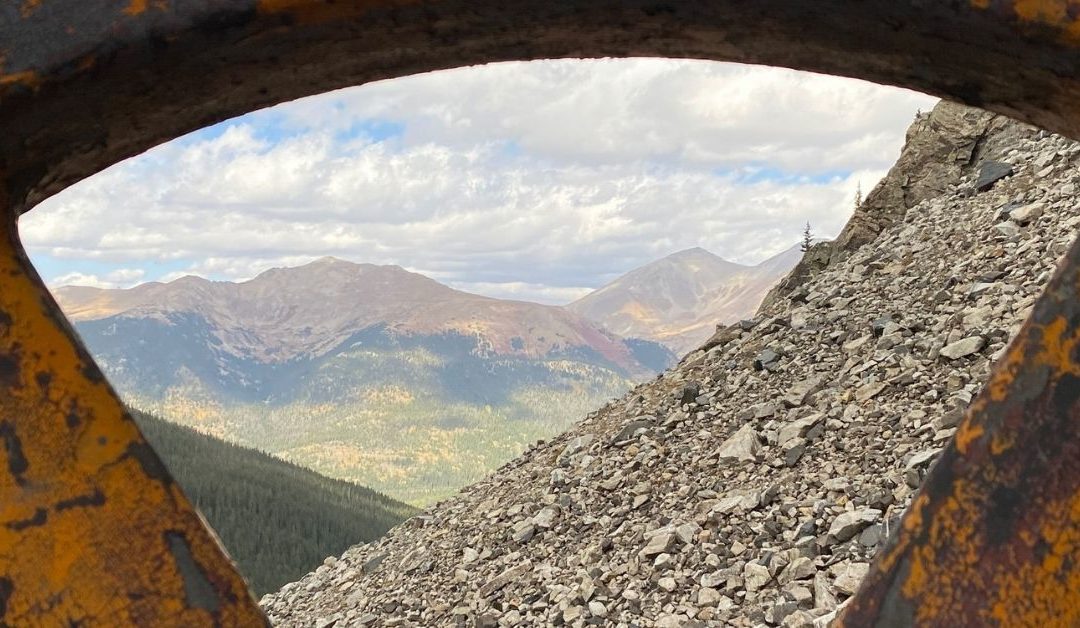The COVID pandemic has pushed more people indoors, denying us the many benefits of getting outdoors.
The Wall Street Journal recently noted what we at Peak Overland have often argued — that it is difficult to overstate the value of getting outside and breathing fresh air.
As people spend more time indoors, a mountain of scientific research says spending time in nature is critical to health and increases longevity. That means being in fresh air, under trees and away from cars and concrete—on a regular basis. And, no, the Peloton doesn’t count.
“There’s an urgent need emerging in science and at the gut level to increase the nature experience. This field is just exploding,” says Gretchen Daily, a professor of environmental science at Stanford University.
The benefits have been clear to scientists for some time, but the pandemic has made the matter more urgent. The physical and emotional toll the virus has taken, especially in urban areas with little green space, has galvanized doctors, researchers and others to tap into nature’s therapeutic effects.
Spending time in the woods—a practice the Japanese call “forest bathing”—is strongly linked to lower blood pressure, heart rate and stress hormones and decreased anxiety, depression and fatigue.
Scientists have repeatedly found that human anticancer natural killer cells significantly increase after walks in a forest. In one such study, published in 2010 in the Journal of Biological Regulators and Homeostatic Agents, the number and activity of killer cells increased in a group of twelve healthy men after two walks, each two hours long, in a one-day trip to a forest park in the Tokyo suburbs. So did anti-cancer proteins, according to the research led by Qing Li, an associate professor at the Nippon Medical School. Cortisol in the blood and adrenaline in the urine significantly decreased. The effects lasted at least seven days, the researchers found.
Read the full article here.

